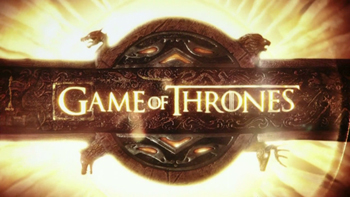I'm writing an article for the BBC History magazine - it looks at whether our stereotypes of the brutal Middle Ages are justified. Where do these stereotypes come from? They are at least reinforced by popular culture such as Game of Thrones. In the name of research, I subjected myself to five minutes of Game of Thrones last night - the violence is horrific. I couldn't take any more. Perhaps the most effective and eloquent summing up of the trope is the beyond-words brutal scene in Pulp Fiction, where one of the characters tells us that he's 'getting medieval on your ass'. It's probably a bit pathetic of me, but I really can't deal with such gruesome scenes.
 |
| source: wikipedia |
Where does this leave me as a historian of violence? In some ways, it makes me feel very hypocritical - maybe I'm just not so upset by reading about violence in the Middle Ages because it feels less real. But in other ways, it's salutary. It reminds me that I should be upset.
The first lesson of the historian's craft is objectivity. We're not supposed to impose our own prejudices and judgments. The second lesson of the historian's craft is that complete objectivity is impossible. Being aware of our own prejudices and judgments makes us much more reliable historians. And the third lesson of the historian's craft, the one I was reminded of last night as the Game of Thrones violence made me gag, is that some judgementalism and emotion is right and proper. What's the point of studying what happened in the past if we don't have a sense of right and wrong, of what is humane and what is inhumane? And part of this is about retaining respect and pity for those we're reading and writing about. It's really easy to get inured to stuff we read about in the distant past, but this is to lose a sense of humanity and blunts the point of what we're up to.
No comments:
Post a Comment